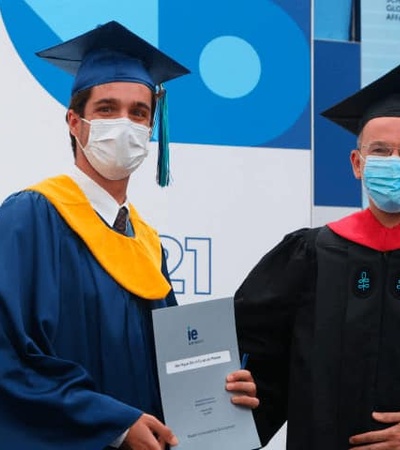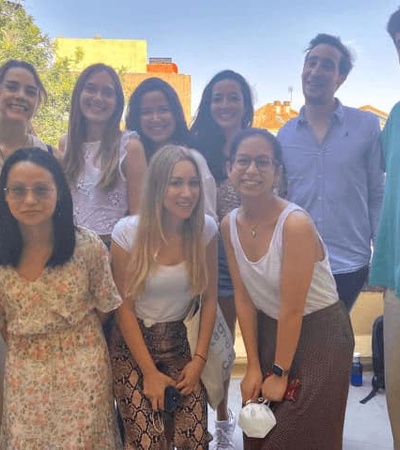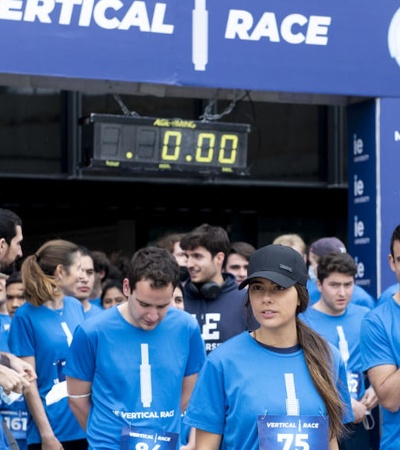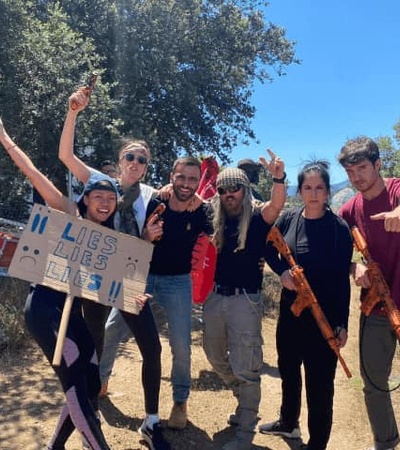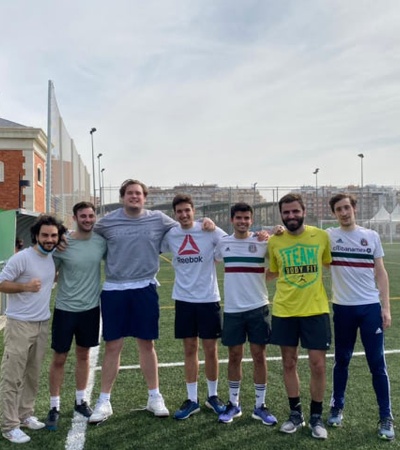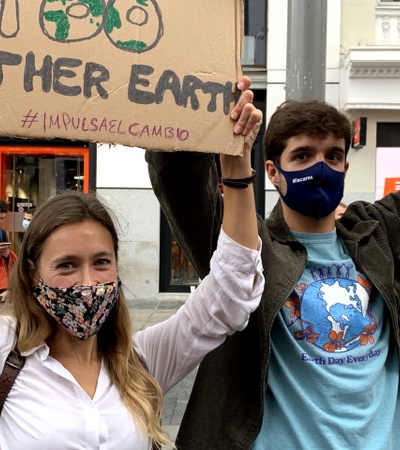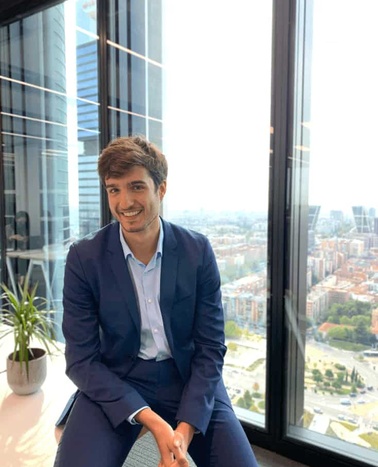
Alec Barcenilla
I was born and raised in the Mediterranean city of Alicante. Although I grew up in Spain, I have an international background, as I’m half-Spanish and half-Belgian. I would describe myself as analytical, a good listener, observant and a “people person.” I enjoy learning from human interactions and growing from the exchange of perspectives. I believe in exponential and continuous learning as the key to being able to give back to society.
I have an appreciation for internationalism, and fear leaving this world without making a significant positive impact. I strive to create and transmit cutting-edge knowledge about sustainability, and foster a behavioral change in the learners of today and leaders of tomorrow.
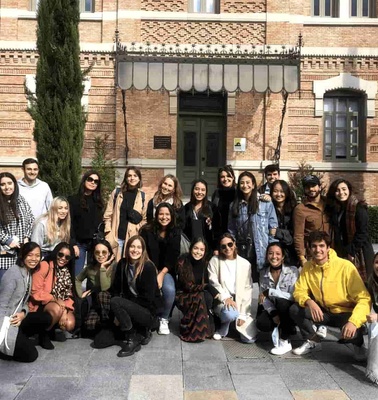
"I consider myself incredibly lucky to have beThe Master in International Development has truly been the best investment of my life.en able to learn in such a hands-on, real-world diplomatic setting that IE University affords."
Tell us a bit about your academic and professional background.
As a native speaker of Spanish, French and English, I decided to take on the challenge of learning Mandarin at university, alongside business and sociology. I have always been curious about Chinese language and culture. Afterwards, I enjoyed an unforgettable experience living in Shanghai for a year. I was able to step outside of my comfort zone and experience the social, political, economic, and cultural differences. I think this was key to amplifying my interest in international affairs. Otherwise, who knows if I would have pursued this route?What does your professional career look like after the Master in International Development? How did IE University help you reach this goal?
The program heightened my interest in the booming world of sustainability profoundly. The beauty of sustainability and ESG is that it encompasses a field that is embedded within all other industries. It’s great to learn from such a transdisciplinary and multidimensional field. I consider the Master in International Development at IE University greatly responsible for developing my curiosity for multidisciplinary development work.
“The Master in International Development has truly been the best investment of my life.”
Why did you choose IE University to pursue your Master in International Development?
The core essence of a master’s degree in international affairs requires the school to have a broad international focus. IE University’s reputation does not fall short in teaching content with a global lens. The diversity in the classrooms was also a key aspect for me—the opportunity to team up with people from different backgrounds and cultures is extremely enriching when it comes to debates and exchanging perspectives. It also helps develop an extensive professional and international network.
But my primary reason for choosing IE University was due to them aligning so well with my values—it’s an extremely international and diverse educational space. More reasons included the fact that IE University had partnered with UNSSC for this master’s, and that there was an educational field trip to Geneva highlighting the institutional facet of international development.What did you like the most about the program?
The fact that it is a master’s program delivered in partnership with the UN System Staff College was great, as we had countless UN practitioners teaching us from a very practical perspective. The combination and balance of practical vs theoretical academic content was perfect. Likewise the diversity of backgrounds among the professors (practitioners, academics, researchers and experts) was so great that the experience was incredibly enriching.
“It’s a young university full of vitality, and I’m totally intrigued by its diverse environment and spirit of cooperation and innovation.”
Why did you choose IE University to pursue your Master in International Development?
The core essence of a master’s degree in international affairs requires the school to have a broad international focus. IE University’s reputation does not fall short in teaching content with a global lens. The diversity in the classrooms was also a key aspect for me—the opportunity to team up with people from different backgrounds and cultures is extremely enriching when it comes to debates and exchanging perspectives. It also helps develop an extensive professional and international network.
But my primary reason for choosing IE University was due to them aligning so well with my values—it’s an extremely international and diverse educational space. More reasons included the fact that IE University had partnered with UNSSC for this master’s, and that there was an educational field trip to Geneva highlighting the institutional facet of international development.
What did you like the most about the program?
The fact that it is a master’s program delivered in partnership with the UN System Staff College was great, as we had countless UN practitioners teaching us from a very practical perspective. The combination and balance of practical vs theoretical academic content was perfect. Likewise the diversity of backgrounds among the professors (practitioners, academics, researchers and experts) was so great that the experience was incredibly enriching.
What advice would you give someone who is considering pursuing your program?
I recommend that you focus on the ROI. Even if you’re worried about fees, the program has truly been the best investment of my life. It opens countless doors to new circles and opportunities. IE University also has great scholarships schemes. I was awarded the Talent Scholarship, which helped with part of the economic burden.
Summarize your experience at IE University.
The cocktail of cultures, backgrounds and perspectives that form IE University’s DNA is incredibly strong. On top of this, the culture is guided by pillars including innovation, sustainability and humanities. These values are key to developing a global mindset and critical thinking skills.
Tell us about your plans for the future.
I have been lucky enough to take part in the Hostile Environment Awareness Training (HEAT) course alongside colleagues from the Master in International Development and the Master in International Relations. This prepared us for deployment in conflictive or hostile regions around the world. My five- to 10-year goal is to work on the sustainability of developing countries, and lead humanitarian development projects.
